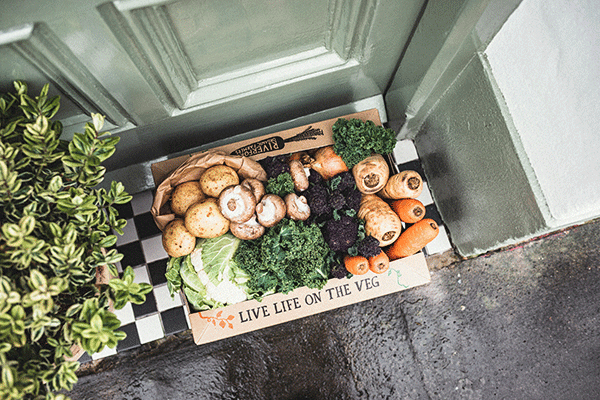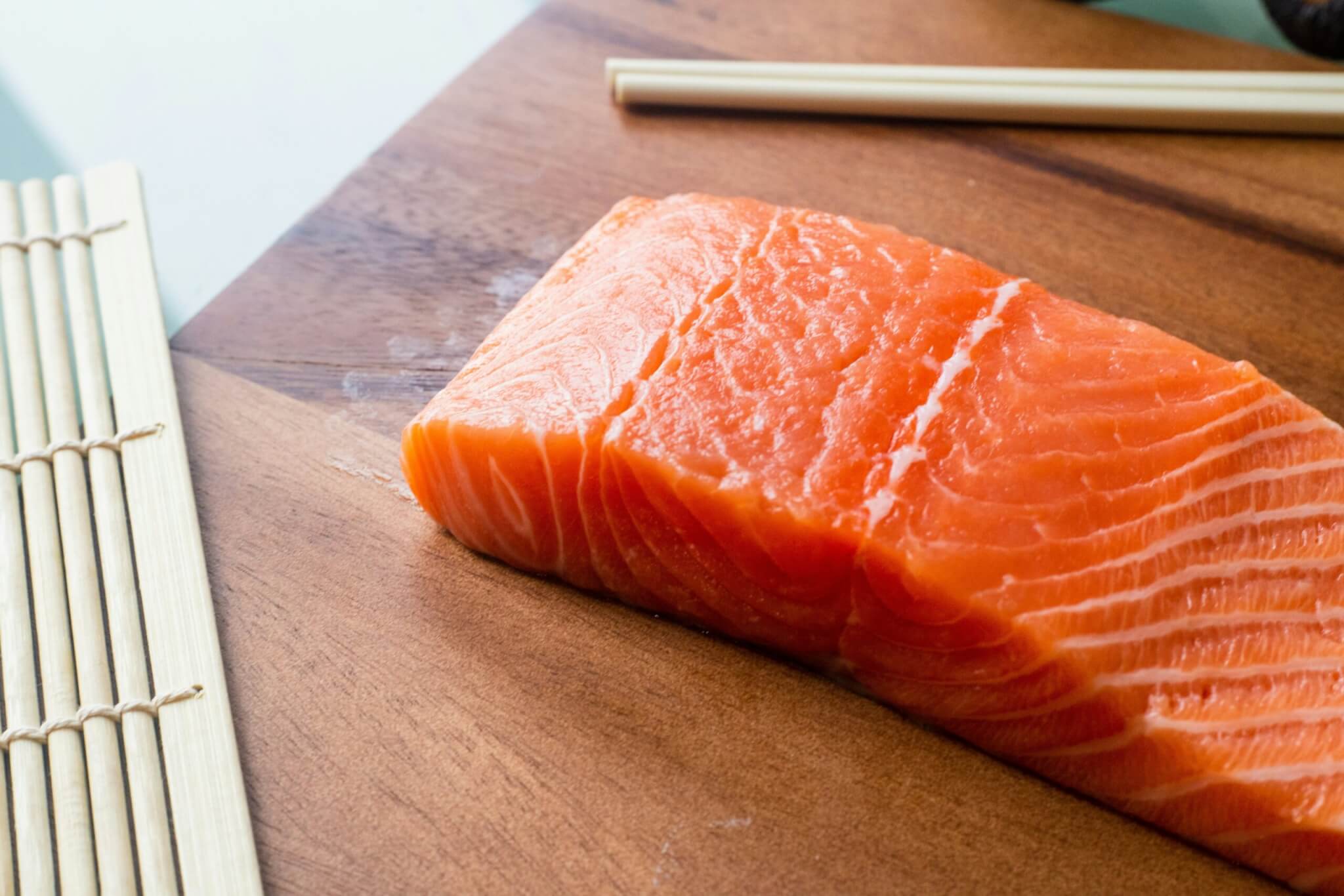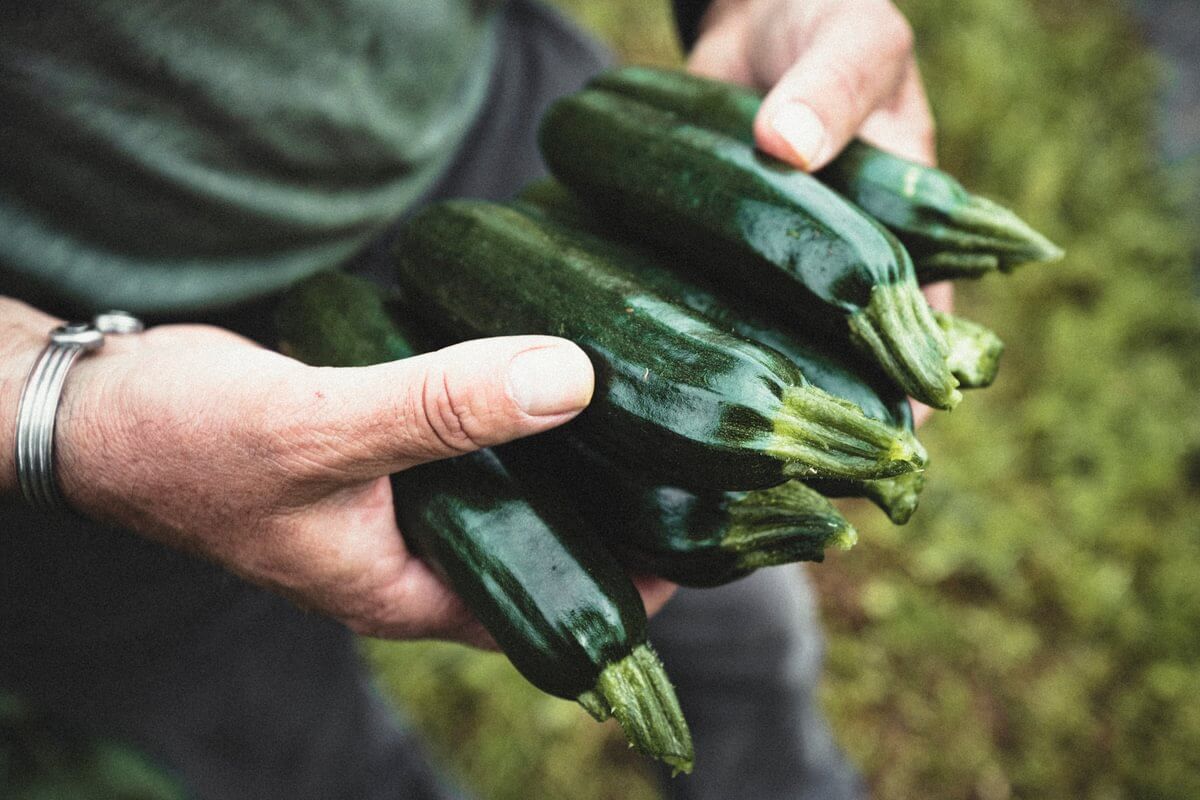Sales of organic products rose by 12.6 per cent during 2020 but the growth in consumer demand is likely to be met by imports as farmers hesitate to convert to organic, according to a new report.
The Organic Market Report, produced by the Soil Association, the UK’s largest certifier of organic food, showed a tenth consecutive year of growth in organic sales and the highest growth rate in 15 years.
Despite the growth, organic food and drink accounts for only 1.3 cent of the total market in the UK, according to research agency Kantar. While the amount of land farmed organically rose slightly by 2.4 per cent in 2019, the land in conversion to organic fell by 14.7 per cent, according to Defra statistics.
Chief executive of the Soil Association charity, Helen Browning, said surging sales should attract interest from farmers but said the opaque future of farming subsidies is putting people off. “There’s little detail for UK farm businesses to plan against. Many farmers will be watching and waiting before deciding the shape of their future businesses,” she said, in a foreword to the report.
“So, while there is a small rise in farmers converting to organic, sadly much of the future growth in the overall market will be met by imports, especially in the arable sector.”
Post-Brexit, the UK has committed to paying farmers for environmental benefits to replace land area subsidies, but little detail has been released and it is not yet clear if organic farmers will be directly rewarded. Scottish farmers are faring a little better under a new Agri-Environment Climate Scheme launched last month to promote land practices that protect the environment and support organic farming.
Browning also highlighted how organic is a ‘hero brand’ in food and drink, as a “well proven way to tackle environmental challenges”. “Government is missing a trick by not backing UK organic sufficiently. Organic is seen now as a practical way to support human and planetary health,” she said.
Simon Crichton, food and farming lending lead at Triodos Bank, said: “2020 saw a fantastic boom for the organic market, but it’s important that as a sector we continue to push the transition from the current production-focused system towards one that is ecologically and socially resilient.
“2021 will be a pivotal year for building a greener future, and as a community of organic producers, growers and supporters, we need to continue to stand up for the long-term benefit that our approach has for society and the planet.”
Unsurprisingly due to the many lockdowns, online and home delivery sales fuelled much of the growth in organic in 2020, with sales increasing by 36.2 per cent. Home delivery now accounts for almost 25 per cent of the total sales in organic (supermarket online sales included), with almost one in four organic products purchased online in 2020.

Managing director of organic veg box company, Riverford, Rob Haward, said: “Riverford was already experiencing strong growth early in 2020, before Covid, driven by a desire for more organic and plant-based eating.
“Our growth this year had predominantly been driven by existing customers buying more frequently. As the lockdown pressures ease, I expect the health, ethics and environment drivers that were strong before the pandemic to return even stronger and fuel future growth.”
Sales of organic items in main store supermarkets increased by 12.5 per cent, while sales through independents remained flat as citizens moved away from indies on the high street but increased visits to community or local outlets.
“The unprecedented crisis of 2020 has brought immense challenges across the entire food supply chain – not least for organic businesses. So, it’s significant that in times of crisis, people are turning to organic products for the assurance of transparency, integrity and quality they provide,” said trade consultant to the Soil Association, Finn Cottle.













Very strange that our most well known champion of organic farming, HRH The Prince of Wales, has many farms in his Duchy Estate that are not organic. Apparently individual farmers are left to make their own choice about how they farm. Think how our wildlfe and food production would benifit if he encouraged the to farm organicaly! We live oposite one such non- organic farm. I call it ‘The Waste Land’
Much of the boom is possibly because we are all staying at home and cooking. Sadly suspect that when lockdown ends, and we are all going out every whichway, then slow cooking will not be as popular or possible every night due to FOMO! Therefore more food waste, less enthusiasm and consequently less veg boxes ordering. I so hope I’m utterly wrong!!
Sadly Gill whilst I too hope you are wrong in this I fear that in many ways you have hit the nail on the head! Whilst people are kept at home under “lockdown” (or is that House arrest?) Slow cooking will become a way of life – if only to stave off boredom – once we get back to so called “normality” I strongly believe the majority will quickly return to the old ways of lving out of boxes and carryouts from various restauants etc. – a lot of which will sadly become more waste.
To my mind the only way to get out of that system is that the general “lock downs” last a fair while and people get used to cooking at home – because finally they will have discovered that “home cooked food is best”. This sadly means that we need to be in for a longtime in the present satus quo – actually I think we might be! Lets get back into the Habit of Home Cooking!
I can’t help but feel the government is still being “bought” by agro-pharmaceutical conglomerates who are trying desperately to maintain the dependence on pesticides. I love the idea that we are all beginning to shop locally and organically. becoming more social in our shopping practices can only be good for our minds as well as our bodies….
I think you’re right in that the government is always walking a tightrope not wanting to upset anybody when it must be clear to anyone who does the simple research that pesticides, antibiotics, hormones etc in our food are not there for our good. Big multinationals wield so much power that the government will never tell people the truth that so much so called food is bad for you. We send a message to the powers every time we elect to buy and eat real food grown in healthy soil.
Sadly Anthony the message can easily be ignored when all but a few actually buy and eat “real food” as opposed to the average BC (Before Covid) meal which was quick and easy to prepare, but sadly there was more nuitrition in the box it came in!
The power of the agrochem firms is far reaching indeed! There’s a great book by Jennifer Clapp called Food. She discusses at length the power of these firms, 5 firms dominate the global agrochemical industry, and have 69.5% of the total market share (Syngenta, Bayer, BASF, DOW Agrosciences, and Monsanto – now owned by Bayer). These firms now have vertically integrated to not only control the the agrochemical companies, but also the seeds!
This means they can adapt the seeds to fit to their products. This is actually why Bayer wanted to buy out Monsanto, due to their 26% market share in the global seed industry and leading position in GM seeds.
GM seeds actually led to a decrease in overall pesticide use, but a massive increase in glyphosate (which Monsanto owns the rights to) as the crops were designed to be resistant to the herbicide.
You can see how it’s a very clever business model, if GM crops are decreasing pesticide use and you’re a pesticide company it makes sense to buy out the company who are making GM seeds, and the herbicide that it’s designed for. You make money on the expensive seeds, and the herbicide that they use in great quantities in conjunction with GM crops.
Until there’s a global scandal on glyphosate and the civil lawsuits come rolling in.
Sorry for the rant! Such an interesting area of study!
This is such an interesting area to look at. What we are talking about is the very thing i.e. food, that all of us partake of numerous times a day. On the one hand we have the situation set out by other people so well and on the other we have people trying to preserve seed from all the myriard of types of plants that many have ever heard of. Around the world there are many groups working with small scale farmers to improve their productivity using organic or agroecological growing methods without having the use of large scale monocultures being seen as the way to grow more. You would have thought that lessons learnt in our country would have shown the problems that causes.
That’s why getting back to ‘normal’ is not an option. We need a new normal where sanity prevails.